1. Aristotle on Success
“Good habits formed at youth make all the difference.” – Aristotle
This is just one of the reasons to make sure your children have discipline. Forming good habits are the keys to success in school, and in life.
2. Buddha on Anger
“You will not be punished for your anger, you will be punished by your anger.” – Buddha
I believe that a lot of teachers get mad at their students, because teachers take student behavior very personally. Remember, if you allow yourself to remain angry at students, you will become cynical. Keep your optimism, and remember that you really ARE making a difference, every day, in a student’s life.
3. Emerson on Choices
“It is not the length of life, but the depth of life.” – Ralph Waldo Emerson
Is it better to know a lot of things, and just learn a little about them? Or is better to be exposed to a lot of things, and make the choice about what you want to delve deeper into? This is really the purpose of college. It used to be the purpose of high school. I strive to give my child lots of great experiences, and then allow him to choose what to be passionate about.
4. Mercedes Lackey on Regret
“If only. Those must be the two saddest words in the world.” – Mercedes Lackey
If only I had finished that dissertation. If only I had gotten that degree. If only I had pursued my passions. If only I had spent more time with my child. Decide what’s important in your life, and then DO IT! Write out your goals, and how to achieve them, step by step. It may take years of planning, or just the push to get it done.
5. The Dalai Lama on Kindness
“Be kind whenever possible. It is always possible.” – Dalai Lama
I can either be kind to my co-workers, or I can be snippy. I can either be nice to my mother, or I can be crabby. I can treat my child with affection, or I can yell and scream at him. I can show my students that I care, or come off as an arrogant prick. I always have a choice.
6. Sanders on Other People
“There are over 7 billion people on this earth and you let one ruin your day. Don’t.” – Jonathan Sanders
See the above quote. Life is too short to let one crabby person ruin your day. Be it a co-worker, someone who cuts you off in traffic, a doctor, a teacher, a student, a friend, or a family member. Make the active choice to move on.
7. Eric Foner on Ideas
“Ideas win wide acceptance based less on ‘truth and logic’ than on their suitability to the intellectual needs and preconceptions of social interests.” – Eric Foner
The idea means more or less, depending on who you are pitching it to. Sometimes the best ideas are lost, simply because it was not their time. Keep thinking.
8. Joshua Marine on Challenges
“Challenges are what make life interesting and overcoming them is what makes life meaningful.” – Joshua Marine
If school is not challenging you, what are you doing to make it a challenge? You can always extend the subject matter. That is how I’ve come to love Biology and Education. Neverending challenges!
9. Diogenes on our lives
“I am searching for the bones of your father but cannot distinguish them from those of a slave.” – Diogenes
We are not simply greater than other people just because of how we’re born, nor are we lesser than others. Our only difference is in the impact we leave on the world.
10. Bill Gates on uniqueness
“Don’t compare yourself with anyone in this world… If you do so, you are insulting yourself.” – Bill Gates
No one else has your set of traits and experiences. No two teachers are alike. Nor are two pastors, friends, women, or children. Strive to be the best YOU that you can be. You will never be at that moment in your life again. Make the best of everything.
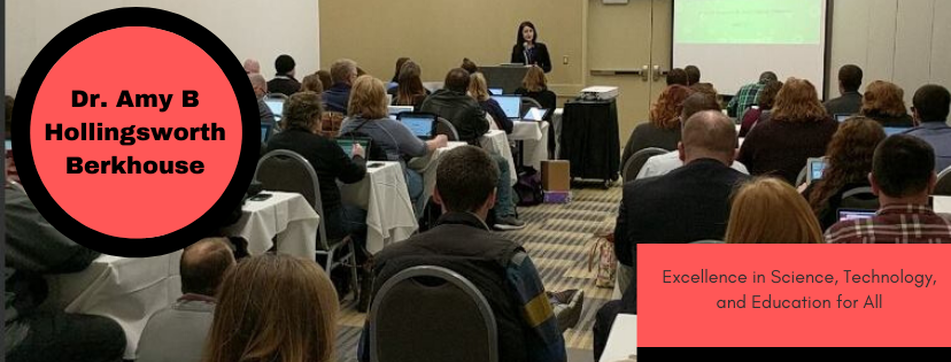

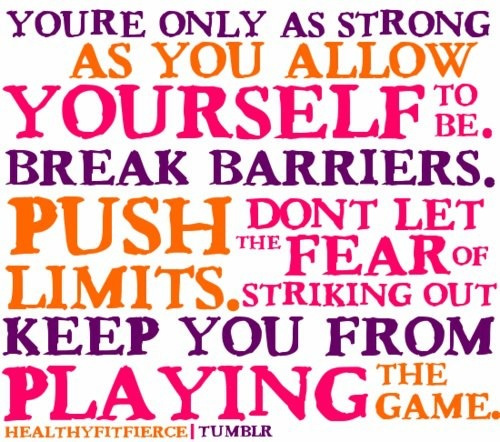
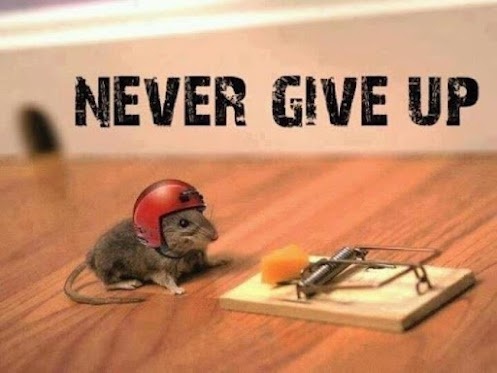
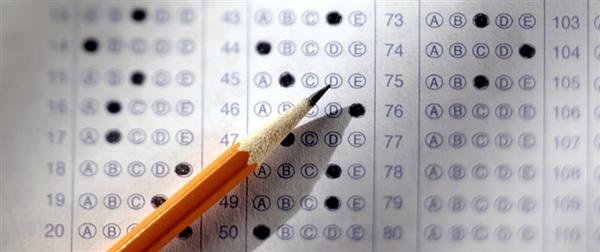
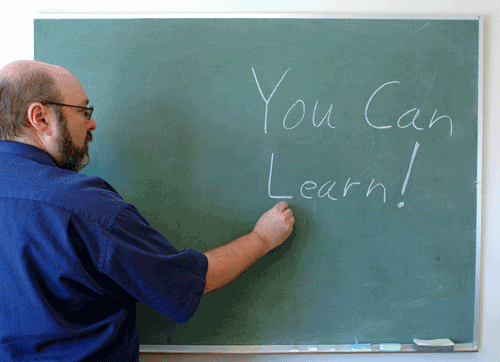
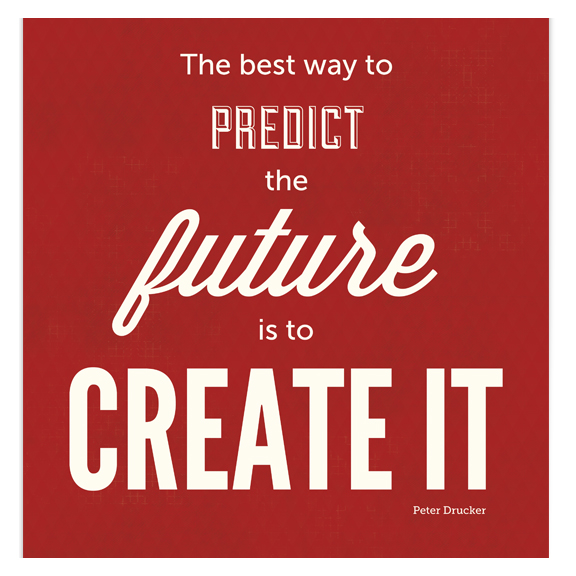
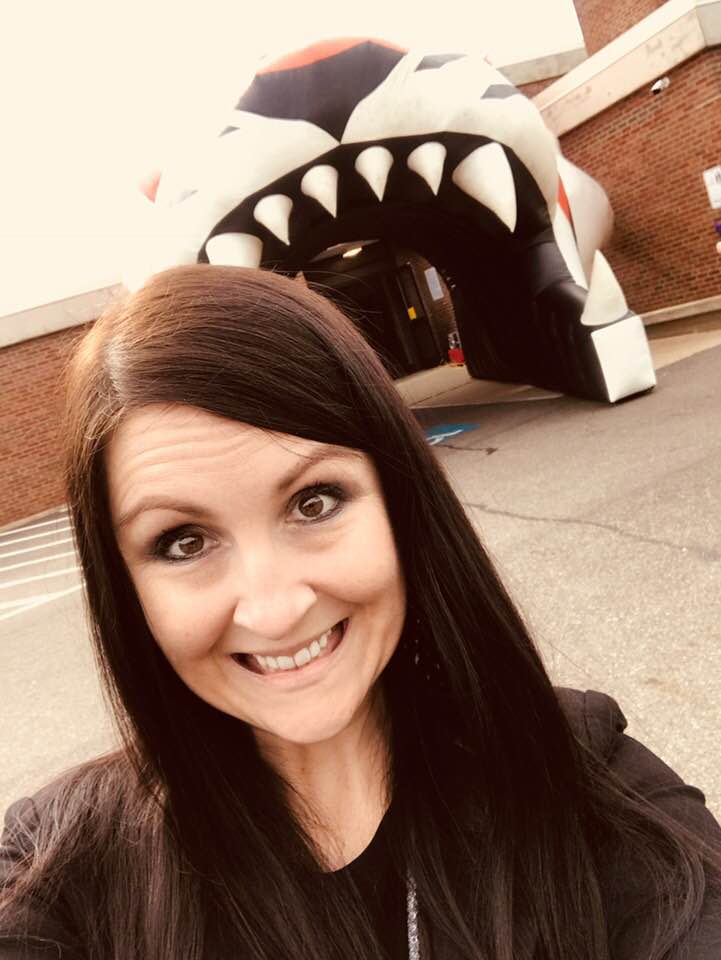
 RSS Feed
RSS Feed
